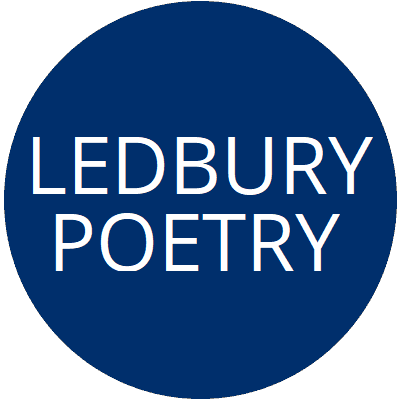Interview with Meirion Jordan who is appearing in our Versopolis Celebration of Emerging European Pets event on Sunday 5 July:
1) If you could write poetry in another language, what would it be and why?
Apart from the obvious answer – Welsh – I’d probably want to write in Irish. Why? Beyond the fact that I find Irish verse interesting, and that I’m currently spending a bit of time with recordings of the last of the Hebridean Fianaigecht singers, it makes a nice contrast to the often rather scary silences that contemporary English poetry seems to observe with respect to its own status as a language that (in many senses of the word) has encompassed the destruction of several other languages. So writing in Gaelic, Irish, Welsh, Norn, Lallans… they all feel like acts of resistance. Badly needed ones, too.
2) If you could borrow one word from another language to use in your poetry what would it be?
In light of my response to question 1, this question seems a bit… scary. The point about English is that (as an ‘analytic’ language) you can borrow whatever word you like and it’ll still fit. It’s why we can talk about Purdah, Balalaikas, Tobacco, and so on. Does English need any more words? If anything, I’d prefer to eject some words from English to give some other folks a chance.
3) Do you think poetry offers a medium to protest? (Poetry as Protest is a theme running through the Festival due to a partnership with English Pen)
Poetry offers a medium to do whatever you like, good or bad or in between. This is the point of a medium: a tool for a variety of purposes. Poetry is a good tool, too, and may even enjoy the status as being one of the first tools humans developed after language. It also appears remarkably even-handed in its support of the powerful and the powerless, simply because whilst it takes time and effort to become a poet, these investments are available to people from all sorts of walks of life. For every establishment mouthpiece or tired enforcer of the status quo there’s a folk-poet writing scurrilous ballads. That said, being a poet certainly doesn’t make one any more inclined towards protest in any way, or make us any more likely to be radical, a champion of the people, or anything else.
That said, if you mean does contemporary poetry in English offer a medium to protest – well, that’s where options get a bit more limited. Poetry is, for whatever reasons, a country mile outside the spheres of political debate in the UK. Whether you read it as a good or a bad thing – writing, speaking, singing a poem in English in the UK is not going to change much. I’d like to be proved wrong, but I’ve got little evidence to show that I might be.
4) What is the value of the Versopolis project for you?
As a translation project, it continues in the millennia-old vein of allowing people and ideas to travel to unlikely places. As a place for poets to set out their stalls, it allows them to come into contact with new things. It shakes things up, pushes one or two people out their comfort zones. Greater things have resulted from smaller efforts.


